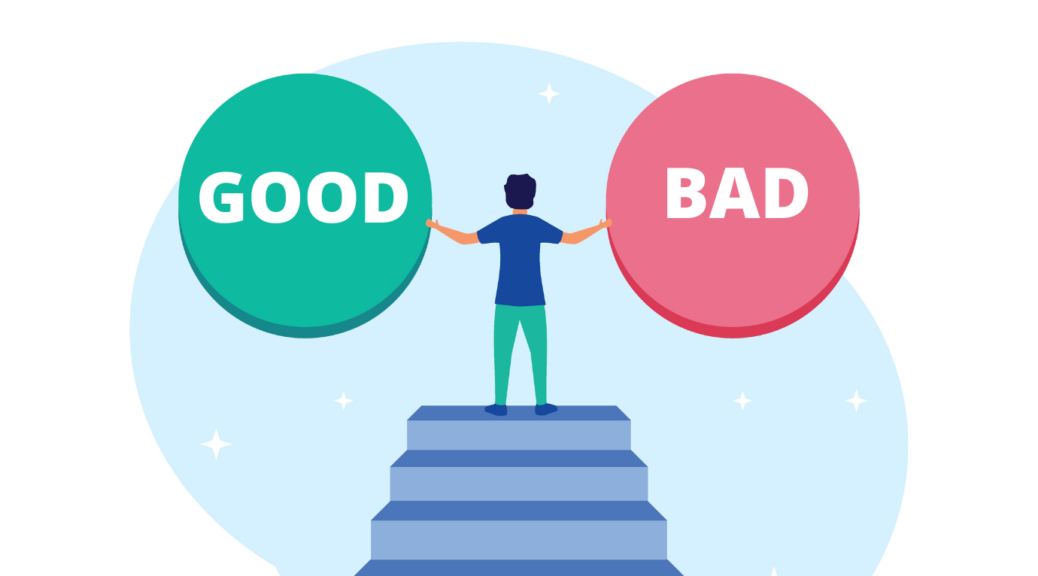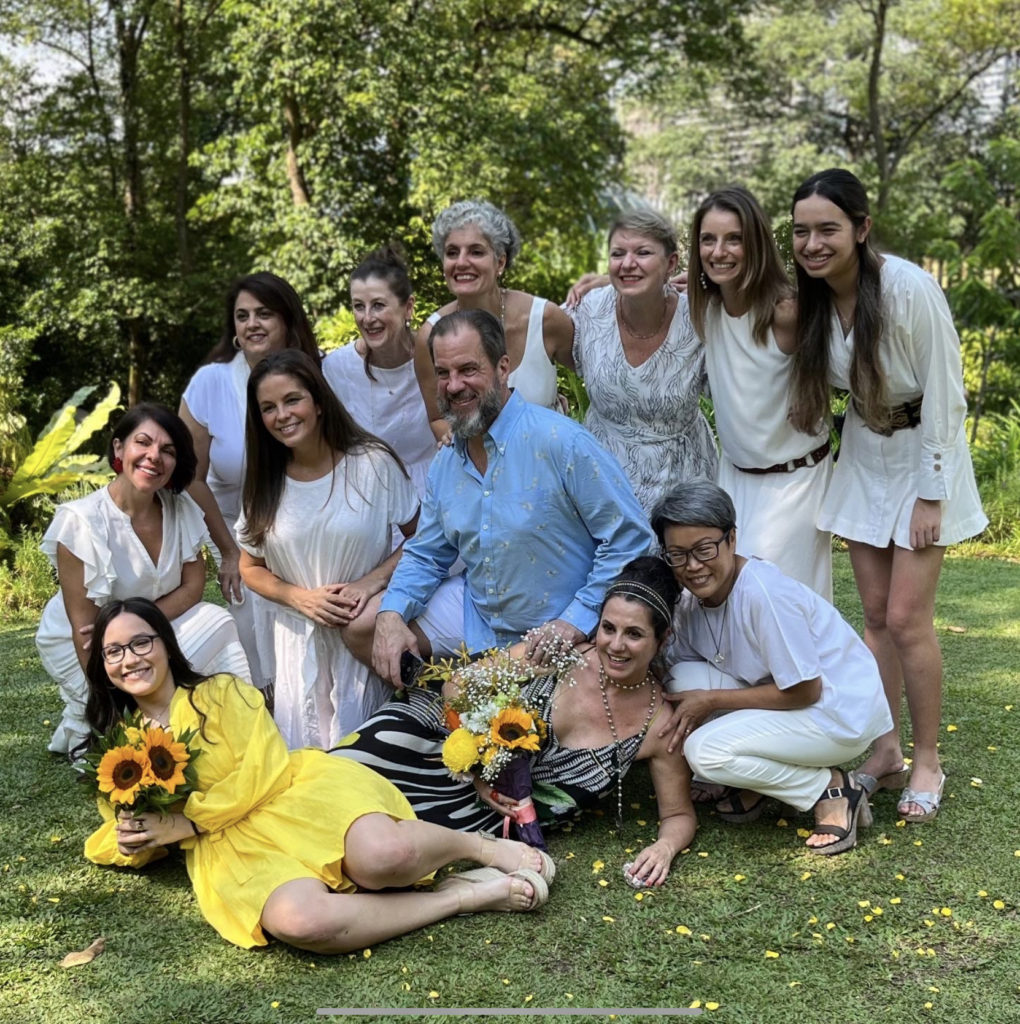
I personally believe that the most useful knowledge comes from past personal experiences, also known as posteriori. Obviously there are many more components of knowledge that will give us a certain level of knowledge however, in my opinion none of them compare to what posteriori can teach us.
In the image above you can see a basketball. If someone was to ONLY tell me that if drop/bounce that basketball on the floor it bounce back up, firstly I would have to rely on trust to believe them (which I think is the most unreliable source of knowledge), and also, it will leave me with a large space of uncertainty (things that I don’t know). Such as, How high will it bounce back? How hard do I need to bounce it? ECT… Whereas if I just take the basketball and bounce it myself, I will be able to experience what I need to do to make the ball bounce, and what happens if I increase or decrease the force I exert on the basketball. This means that the next time I want to play basketball or tell somebody how to, I can refer back to my personal experience (posteriori) of bouncing the basketball because I KNOW what will happen. That is why I believe Posteriori is the most useful source of knowledge,
If someone told me that same thing but gave valid, reliable justification behind it, with scientific evidence on why it would bounce back up, not only will I know more about how and why it works but I can use that same knowledge to bounce that basketball easily for the first time rather than having to experience it.
To conclude, I think that the most useful types of knowledge are things that are justified/proven with scientific evidence, or uses posteriori.








